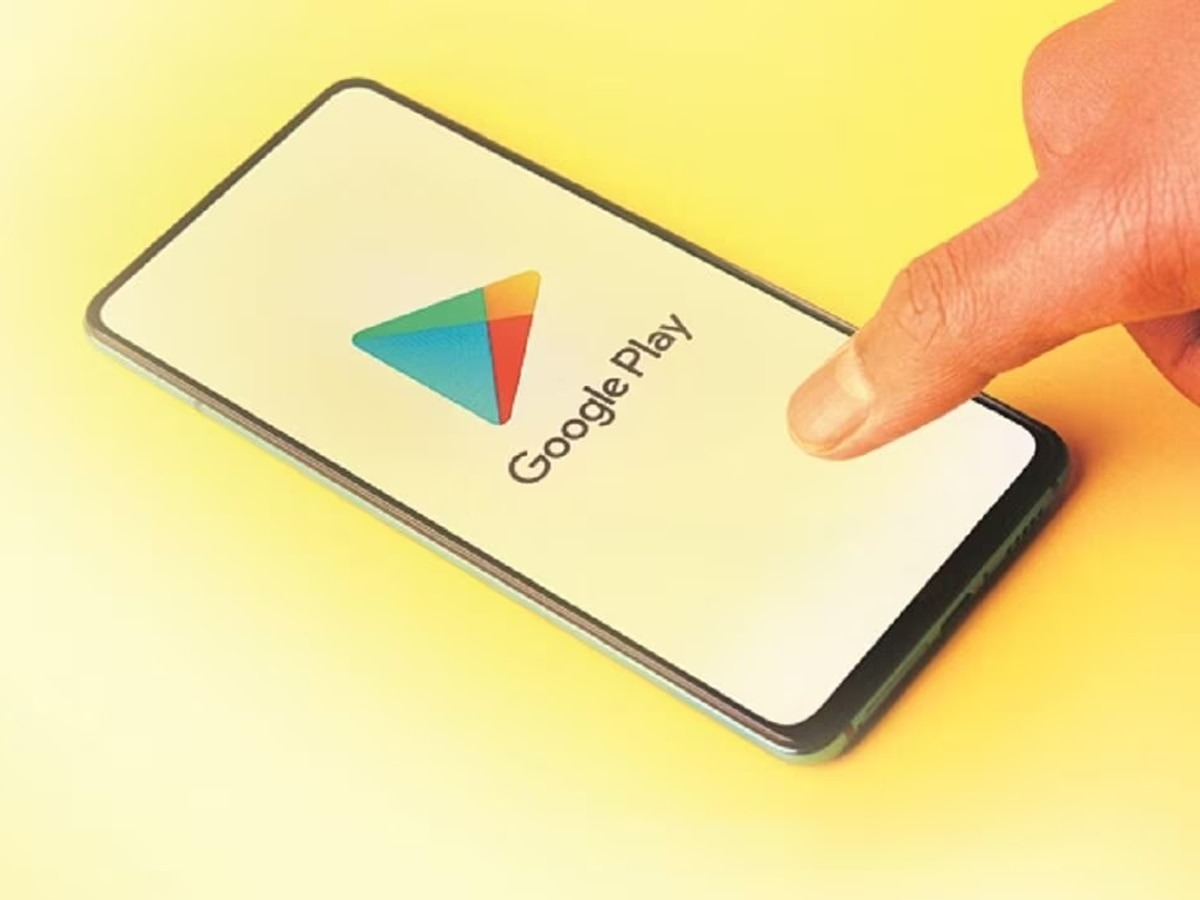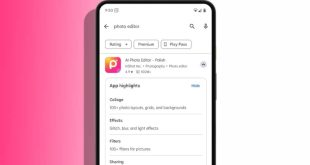 What Is Billing Policy: Decoding Google’s Recent App Store Changes in India
What Is Billing Policy: Decoding Google’s Recent App Store Changes in India
In a recent development, Google has reinstated 10 apps on its app store, providing relief to Indian internet companies. Alongside this, the tech giant has allowed companies to implement in-app payments and extended the deadline for developers to settle service fees. This shift follows a meeting between Google and representatives of Indian internet companies, whose apps were removed from the Google Play Store on March 1. Let’s delve into the details of Google’s billing policy and understand the implications of the reinstated apps.
Understanding Google’s Billing Policy
1. Google’s Revenue Share Google Play Store hosts millions of apps, many of which generate substantial revenue for their developer companies. However, what many may not realize is that Google takes a percentage of the earnings from these apps. When a developer publishes an app on the Google Play Store and makes a profit, Google charges a fee ranging from 15% to 30%. This fee applies to in-app purchases, app downloads, and subscriptions, such as premium services like those offered by matrimonial platforms.
2. Mandatory Billing System For in-app purchases and subscriptions on the Google Play Store, the use of Google’s billing system is mandatory. Some developer companies have expressed discontent with having to pay fees to Google, deeming its policy inappropriate. Google maintains that its policy is uniform for all developers and contributes to enhancing the Google Play Store’s overall quality and security. The company claims that these apps are making money on other platforms but not contributing to Google.
Challenges Faced by Indian Companies
3. Competition Commission of India’s Directive The Competition Commission of India (CCI) had earlier directed Google to eliminate the old system of charging 15% to 30%. Following this, Google reduced the fee to a range of 11% to 26%. Subsequently, companies filed a petition in the Supreme Court against Google, seeking a complete halt to the fee. The next hearing on this matter is scheduled for March 19.
Apps Affected and Action Taken
4. The 10 Removed Apps Google had initially removed 10 apps, including Bharat Matrimony, Balaji Telefilms’ Altt, Shaadi, Matrimony.com, Truly Madly, Kuku FM, Quack Quack, among others.
In conclusion, the recent reinstatement of apps and adjustments in Google’s billing policy have sparked discussions on fair practices and competition in the digital marketplace. While Google asserts that its policies are consistent for all developers, Indian companies continue to challenge the imposed fees. The upcoming Supreme Court hearing on March 19 will likely shed more light on the resolution of these issues.
 Suspense Crime Sach Ka Dam
Suspense Crime Sach Ka Dam


